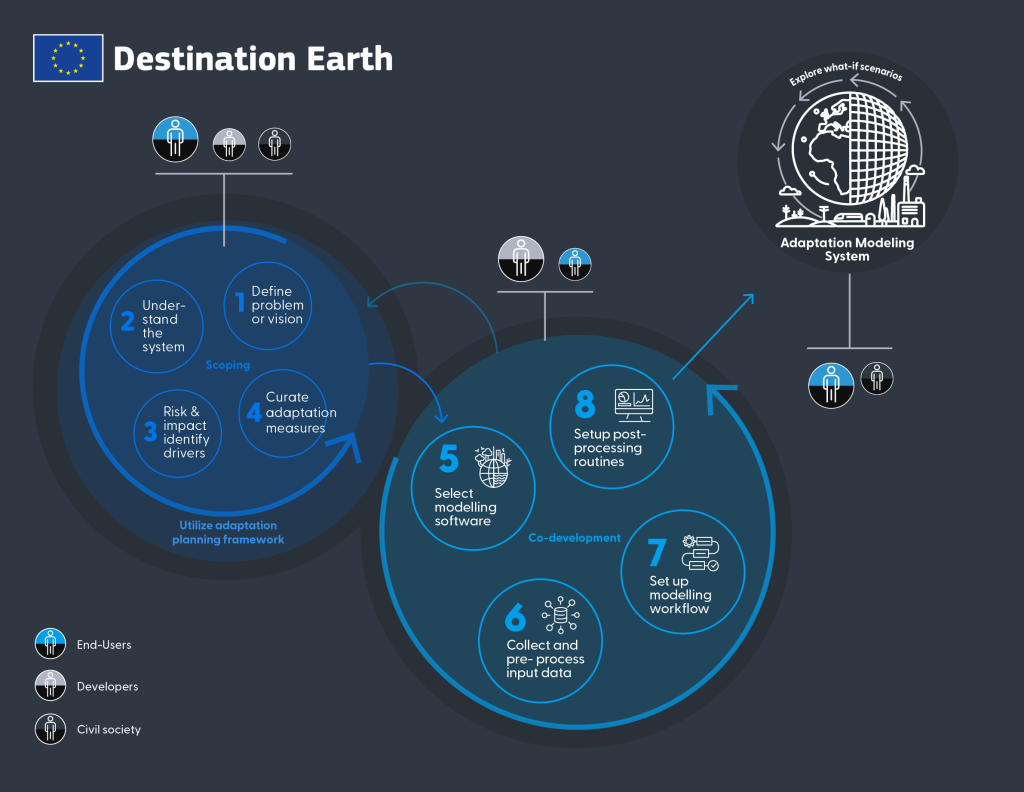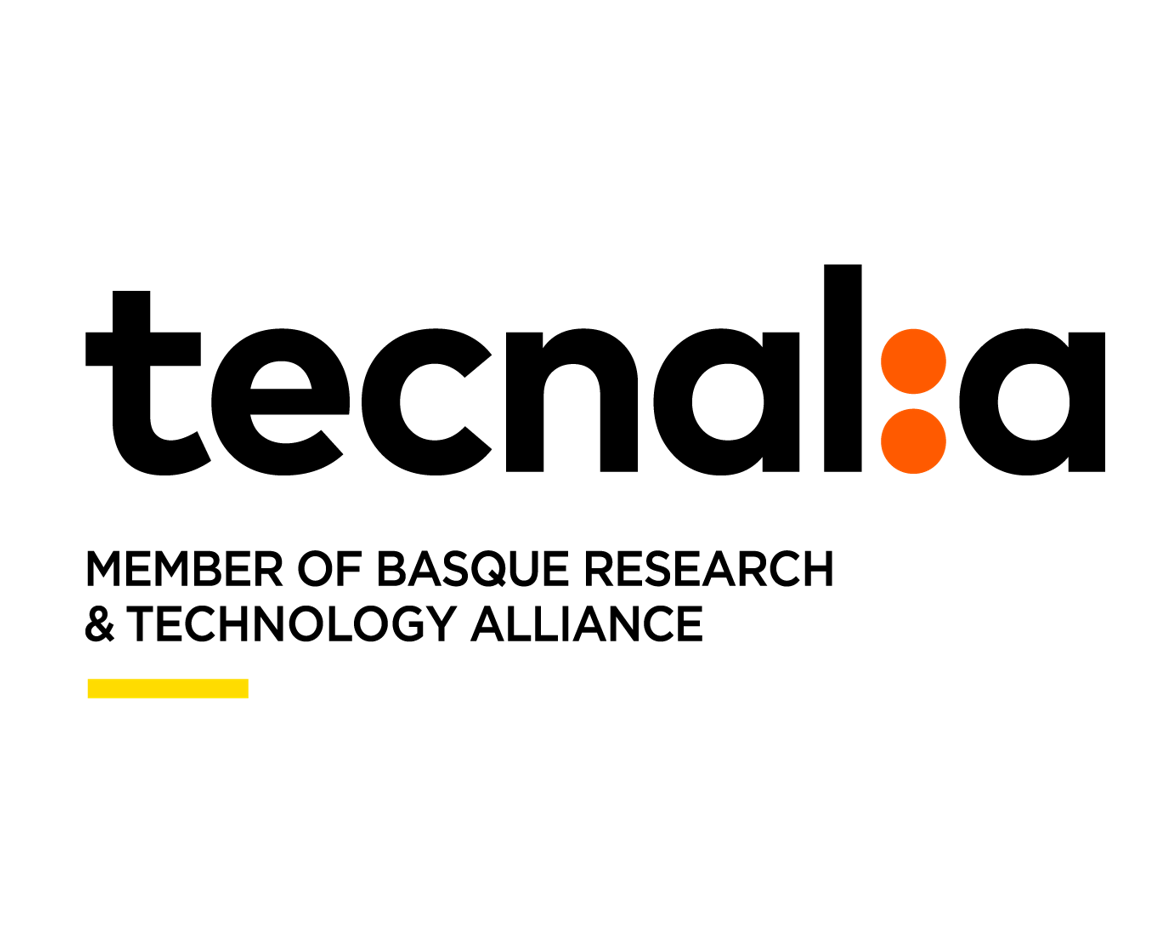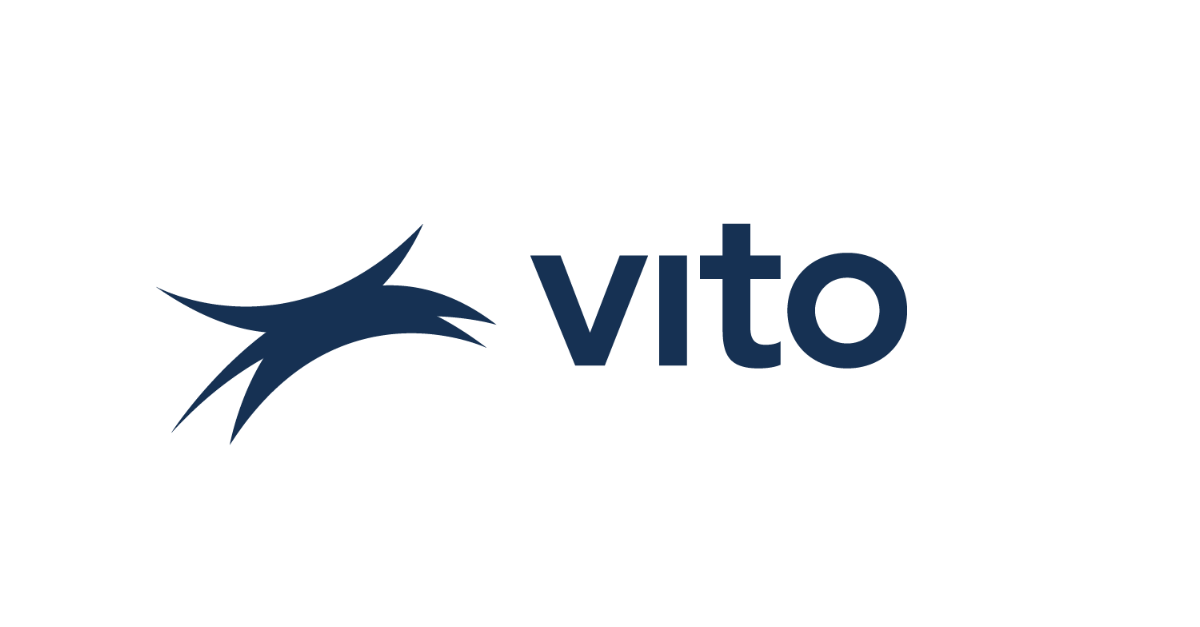Adaptation Modelling Framework for Heat Stress Exposure
Developing a modelling framework that will facilitate the formulation of adaptation measures addressing heat waves.
In a nutshell
- With the alarming pace of global warming, the frequency of heatwaves is likely to augment, thereby increasing health risks for communities. Concurrently, the accurate assessment of heat stress is challenging because of the high computational costs and lack of accessible information.
- The use case proposes a new approach based on three components, namely hazard modelling, health impact modelling and a web application, that paired with the DestinE infrastructure will facilitate the development of an operational system.
- The developed applications will be integrated to DESP and DEDL to empower decision makers with efficient tools helping to formulate adaptation measures.
Technical Overview
Challenge
The escalating frequency and intensity of heatwaves pose a formidable challenge to urban areas globally. As evidenced by recent tragic events and the alarming increase in the number of people exposed to heatwaves, the impact on human health, particularly in vulnerable populations, is of grave concern. The complex interplay of urban heat islands, demographic trends, and climate change exacerbates these risks. Addressing this challenge requires a multifaceted approach that not only acknowledges the severity of current conditions but also anticipates the worsening scenarios if greenhouse gas emissions continue unabated. Effective mitigation measures hinge on accurately assessing the exposure, vulnerability, and capacity of urban areas to cope with these climate-related stresses.

DestinE Solution
The DestinE Solution, spearheaded by TECNALIA and VITO in partnership with ECMWF, presents a groundbreaking approach to tackle urban heat islands and assess heat-stress. The innovative architecture of DestinE allows for the development of an operational environment where interconnected tools provide comprehensive guidance to decision-makers. The operational model dynamically updates the system with any changes, ensuring consistency and up-to-date data from the Destination Earth’s Data Lake (DEDL). This centralized data approach is pivotal in developing high-quality, accurate products, supporting decision-making more efficiently.

TECNALIA and VITO’s integrated set of components, including hazard and health impact modeling and a web application, leverages data-driven statistical models, physically based simulations, and algorithms to provide a holistic view of urban heat stress and its impacts. This robust framework supports the design of effective adaptation strategies, directly informing decision-makers in real-time.
Discover the tool and read more about the Generic Adaptation Modelling Framework for DestinE.
Impact
This use case aims to contribute significantly to the development of an adaptation modeling framework under climate change, following the DG CLIMA study on Adaptation Modelling. The goal is to provide a comprehensive range of climate information at an unprecedented spatial resolution and scale, addressing both heat stress and flood risk management. The impact of this contract extends beyond the immediate assessment of heatwaves; it encompasses quantifying the effects of climate change on various sectors, including labor productivity, mortality, and infrastructure. Furthermore, it evaluates the positive impacts of adaptation actions, like early warning systems or infrastructural changes. The integration of these applications into the Core Services Platform will offer a user-interactive tool that aligns policy objectives with climate change adaptation measures, ensuring better-informed policy and decision-making.
Contributions
For more information visit the ECMWF DestinE use case page on the Adaptation Modelling Framework for Heat Stress Exposure.
Providers

